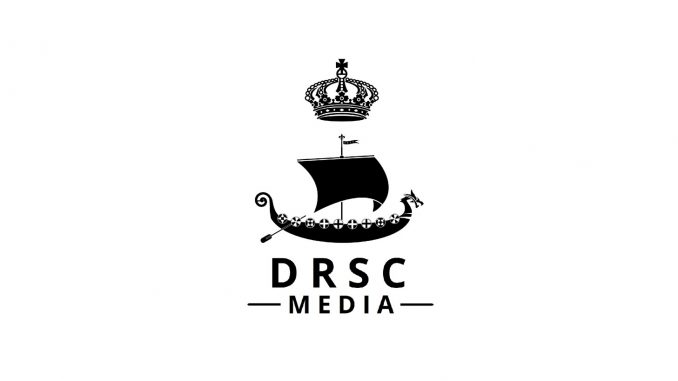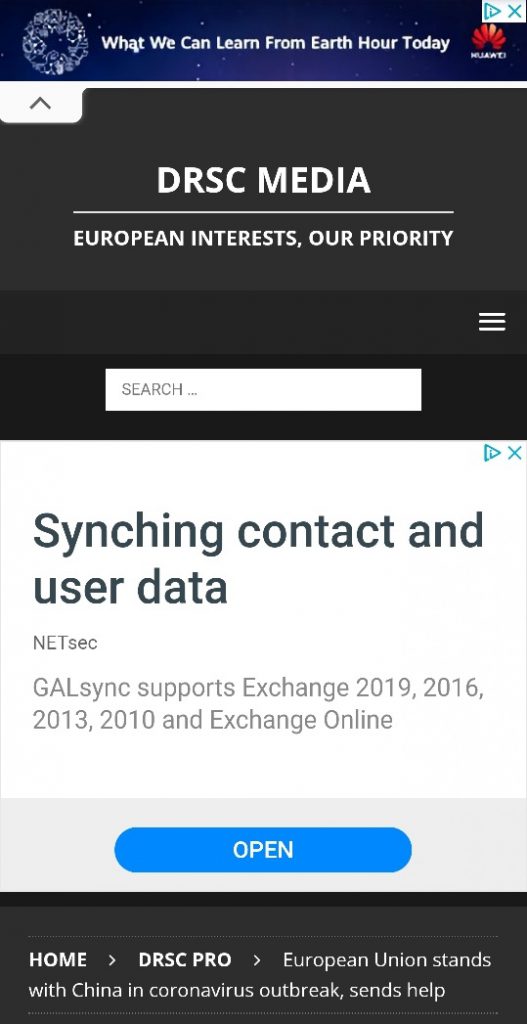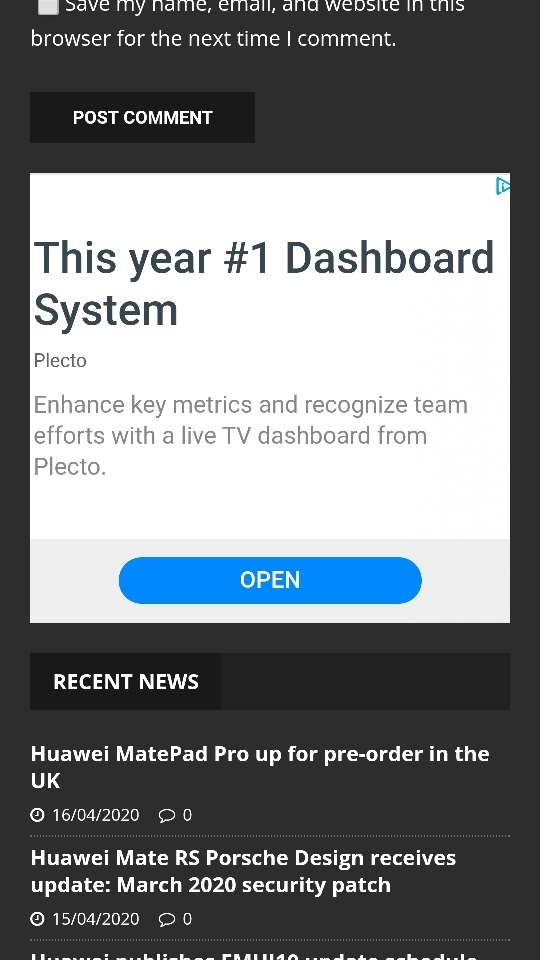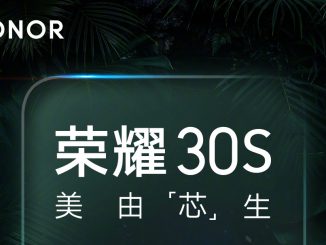
We’ve finally removed advertisements from our website, offering a cleaner browsing experience.
Artículo disponible en Español | Article disponible en Français
A few months ago, we published an article talking about our intention of reducing, and eventually removing, all the advertisements on our website. We also talked about switching from Google Analytics to a different tracking solution which kept all the tracking data in-house, instead of sharing it with third parties, as Google does.
While initially we planned on keeping advertisements, provided by Google AdSense, for much longer than expected, until at least the end of 2020, ultimately, we decided that the trade-offs were not worth it. One of the main trade-offs is a recent change made by Google to their conditions and the ad code they supply, with this code now placing advertisements randomly on the website, “optimizing” their positioning for, supposedly, yielding higher returns. However, this automatic positioning, which completely ignores the wishes of website owners, in what one could call an “authoritarian” move, renders the reading experience terrible, with an advertisement constantly displayed at the top of the page, following the user as this one scrolls up or down the page, as well as adding “hidden” ads between the posts, similar to those spam advertisements we’ve all seen at least once on trash websites. Here’s an example of these automatic advertisements placed by Google, with the original available here:
Not only is this too much, but we’ve never “agreed” to having ads that follow the user or that blend with our content. We are aware we “agreed” to them by continuing to use their service, although there are little to no alternatives, thus why we call this decision “authoritarian”: Google is aware of their market position and thus makes changes regardless of what their users might say.
This leads nicely to our next point: Google’s unfair ranking system. According to our own statistics, the absolute majority of visitors coming to our website do through Google’s search engine, with a minority coming through Baidu, Bing or DuckDuckGo. This puts Google in a position of power, enabling them to choose which websites to show first and which websites to hide from their search results. Of course, there are ways of increasing visibility, such as SEO optimization and various other tricks that many website owners use now-a-days. While we understand why other websites make use of these tactics, we do not agree with them, as, morally, it is the same as cheating while deceiving readers.
However, there is an obvious bias in the algorithms used by Google, which favour big websites or websites that are often referred/linked to by others, while smaller websites will be ignored, even if they actually have the information you are looking for. Of course, this is already ignoring the fact that Google’s “search engine” is not a search engine anymore, and is, instead, an advertisement machine designed with the sole intention of collecting as much information about users as possible while flooding them with relevant ads. Over the past few years, we’ve been able to observe a clear degradation in the search function of this search engine, with relevant information becoming more and more difficult to find, regardless of the keyboards used.
There are also questionable cases where we might publish specific information one or two weeks before anybody else, but end up appearing on the fifth, sixth or seventh page, where the absolute majority of users do not bother going, unless they have exhausted all other options, while websites that publish that same information days or weeks later appear on the top results. This, ironically, has created a curious situation on our website, with most of our visitors coming from… China, to such an extent that the number of visitors coming from the 2nd to the 4th most popular countries in our top 10 list of visitors barely match the Chinese number.
In any case, we are happy to say that our website is now free of advertisements and thus of tracking cookies. The only cookies left on most pages are ours, which only inform us of how many visitors we’ve had each day, how many times each article has been seen, as well as basic information such as country of the visitors or the browser used. Some pages might have third-party cookies, such as whenever we embed a Facebook post on an article, although whenever we do this, it means we had no other choice.
Moving on to a different subject, roughly ten days ago, we announced we had new DRSC Pro slots available. These slots are now all full, thus we are not accepting new subscribers. Those interested can e-mail us to be put on our waiting list, and we will contact them once we have new slots open. However, those interested must be quick in securing their place, as demand is high.
In our next company article, we will be talking about how we are re-focussing on our main activities, with, for example, a reduction of our social media presence.
Until then, we thank you for your continued support,
DRSC Media,
A division of DRSC Publishers Ltd.







